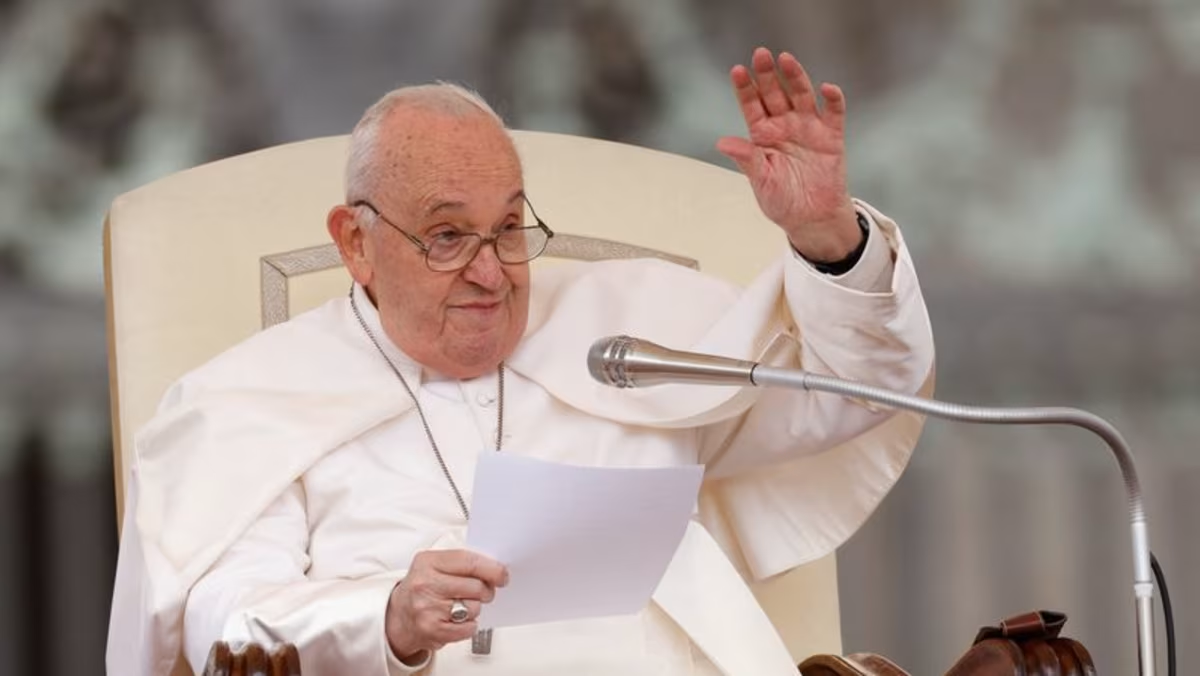Introduction
As anticipation builds for Pope Francis’ upcoming visit to Singapore, the Roman Catholic Archdiocese of Singapore has issued a warning to the public regarding WhatsApp phishing scams. These scams have targeted Catholics eager to attend the papal mass, exploiting their trust and compromising their WhatsApp accounts. In this article, we delve into the details of the scam, its modus operandi, and the precautions individuals should take.

The Scam: How It Works
Scammers, posing as trusted contacts, reach out to unsuspecting victims via WhatsApp. They claim to assist with the papal mass ticket registration process. Here’s how the scam unfolds:
- Initial Contact: The scammer gains access to the victim’s WhatsApp account by masquerading as someone from their contact list.
- Verification Code Request: The victim receives a message requesting a WhatsApp verification code. The scammer claims it’s necessary for mass ticket registration.
- Hijacking the Account: The victim unwittingly provides the verification code, allowing the scammer to take control of their WhatsApp account.
- Exploiting the Contact List: With access to the victim’s contact list, the scammer continues the deception by reaching out to others, perpetuating the scam.
Archdiocese’s Response
The Roman Catholic Archdiocese of Singapore has taken several measures to address this issue:
- Official Channels Only: The archdiocese emphasizes that WhatsApp or other instant messaging apps will not be used for general ticketing or balloting processes. The official ticket ballot will be conducted exclusively via the myCatholicSG platform.
- Vigilance and Caution: The public is urged to remain vigilant and not fall prey to these scams. Individuals should be cautious when receiving requests for verification codes or personal information.
- Registration Process: Registration for the ticket ballot begins on June 24 and ends on July 31. Participants must log in to their myCatholicSG accounts to register. Results will be communicated in August through the same platform.

Previous Scam Reports
This isn’t the first attempt to exploit the pontiff’s visit. In April, the archdiocese received reports of misrepresentation, where scammers falsely claimed association with the ticketing process for the papal mass. The public was warned then, and the same vigilance applies now.
Conclusion
As Pope Francis embarks on his 12-day tour of the Asia-Pacific region, including Singapore, let us remain cautious and informed. The joy of attending the papal mass should not be overshadowed by the threat of phishing scams. By staying alert and relying on official channels, we can ensure a safe and meaningful experience during this historic visit.





